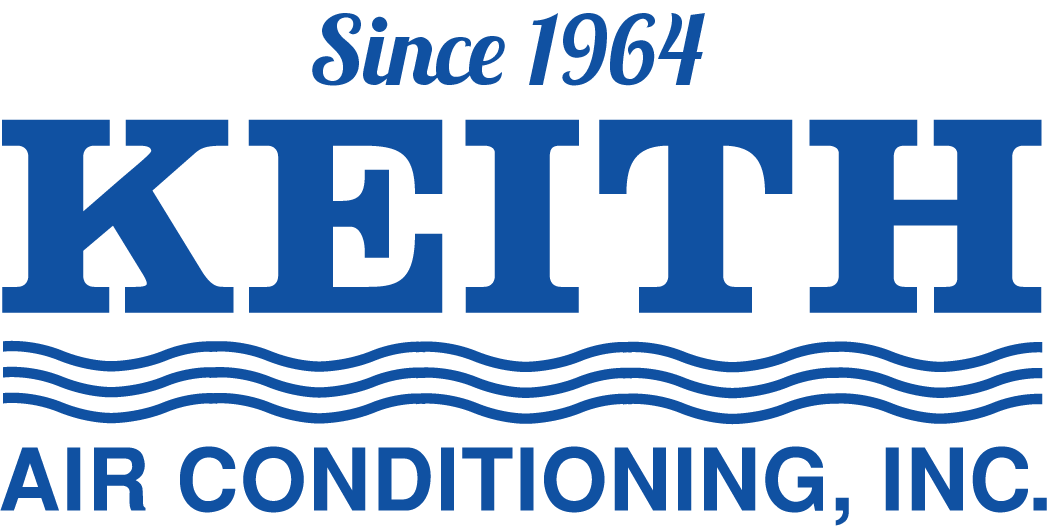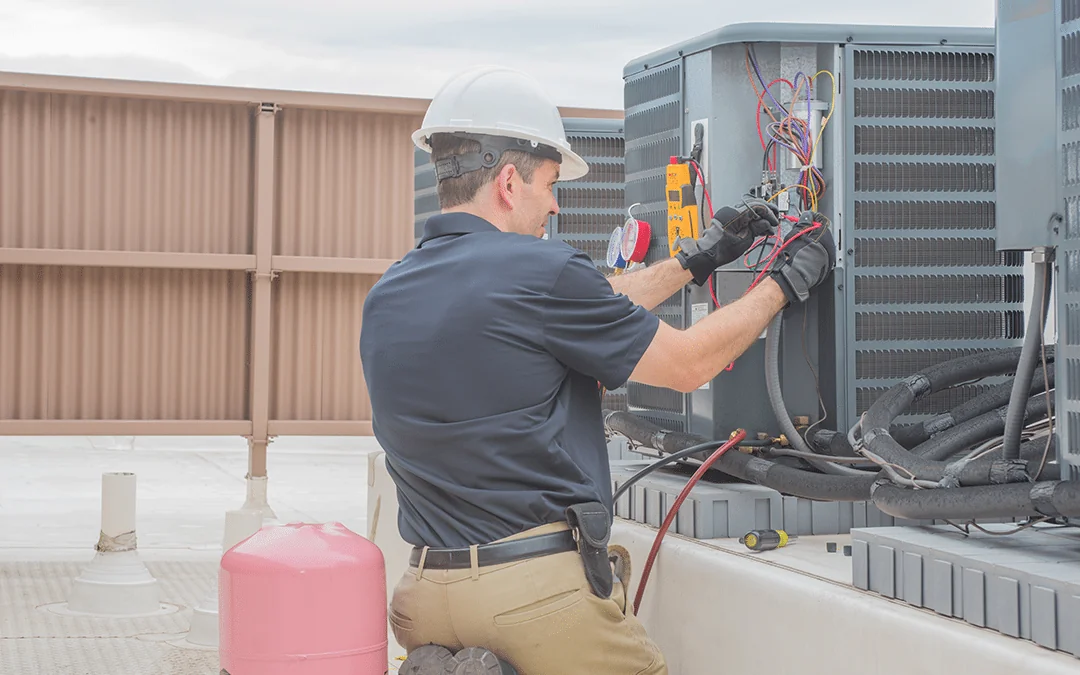Which Heat Pump is Right for Your Home?
Did you know your home’s HVAC system could be more efficient with the right heat pump? Here’s what you need to know about heat pumps, including the three main types available, and how to choose the right one for your home.
First of all, what is a heat pump? The easiest way to think about a heat pump is it moves heat; it doesn’t generate heat. According to the U.S. Department of Energy, “During the heating season, heat pumps move heat from the cool outdoors into your warm house, and during the cooling season, heat pumps move heat from your cool house into the warm outdoors.” Because heat pumps move heat instead of generate it, they can heat and cool for less money than a furnace or air conditioner.
There are three main types of heat pumps:
Air-source heat pump
- This is the most common type of heat pump installed in homes
- The U.S. Department of Energy says it can reduce your heating costs by approximately 50 percent, compared to electric furnace and baseboard heaters
- It dehumidifies better than standard central air conditioners
- Advances in technology mean air-source heat pumps can now be used in colder regions as well as those with warmer climates
Split-ductless heat pump
- features two main components, an outdoor compressor/condenser and an indoor air-handling unit, and refrigerant circulates through tubing between the indoor and outdoor components
- It is good for one-room additions to homes or homes without ducts
- Advantages include their small size and flexibility for heating and cooling individual rooms
- Installation can cost more than other systems
Geothermal heat pump (ground-source or water-source)
- Heat is moved through pipes buried outside, transferring heat between your house and the relatively constant temperatures of the ground or nearby water
- Installation can cost more than other systems, but they have lower operating costs
- It can reduce your home’s energy usage by 25-60 percent
- It lasts a long time, runs quietly, requires little maintenance and is good in extreme climates
Heat pumps have evolved and are performing even better, thanks to many innovations. For example, many high-efficiency heat pumps feature a desuperheater to recover waste heat and use it to heat water two to three times more efficiently than a regular water heater. Some heat pump models have variable-speed or dual-speed motors to keep air moving, minimizing cool drafts and maximizing electrical savings. You can read more from the U.S. Department of Energy about the number of innovations that are improving how heat pumps perform.
Heat pumps should be installed by an HVAC professional who will determine the right size and the best type of heat pump for your home and your family’s needs. This is important because a heat pump that is too big or too small will actually raise your energy bills because it won’t heat or cool effectively. The HVAC professional will calculate the right size for your home using a Manual J calculation, which considers many factors including your home’s foundation, insulation, thickness of walls, windows, air filtration and more.
If you already have a heat pump but have run into an issue, check out these three ways to troubleshoot common heat pump problems, so you can quickly restore comfort in your home.
Contact Keith Air Conditioning at 251-517-4437 to speak to our heat pump experts today. We can help you decide if a heat pump is the right choice for your home, select the best one and then install it properly.

